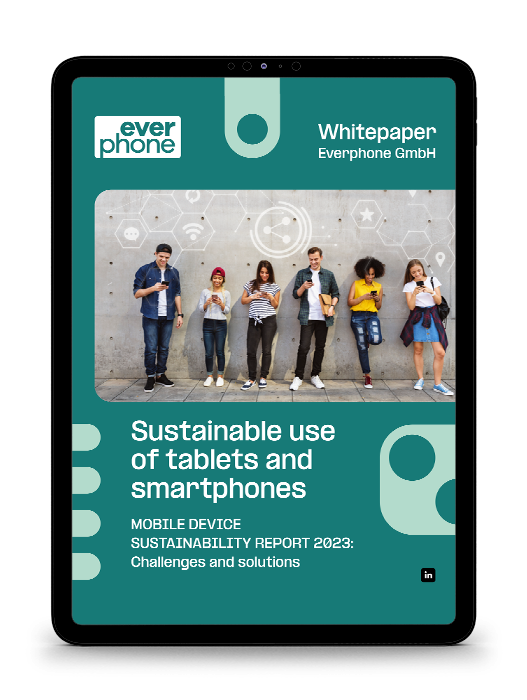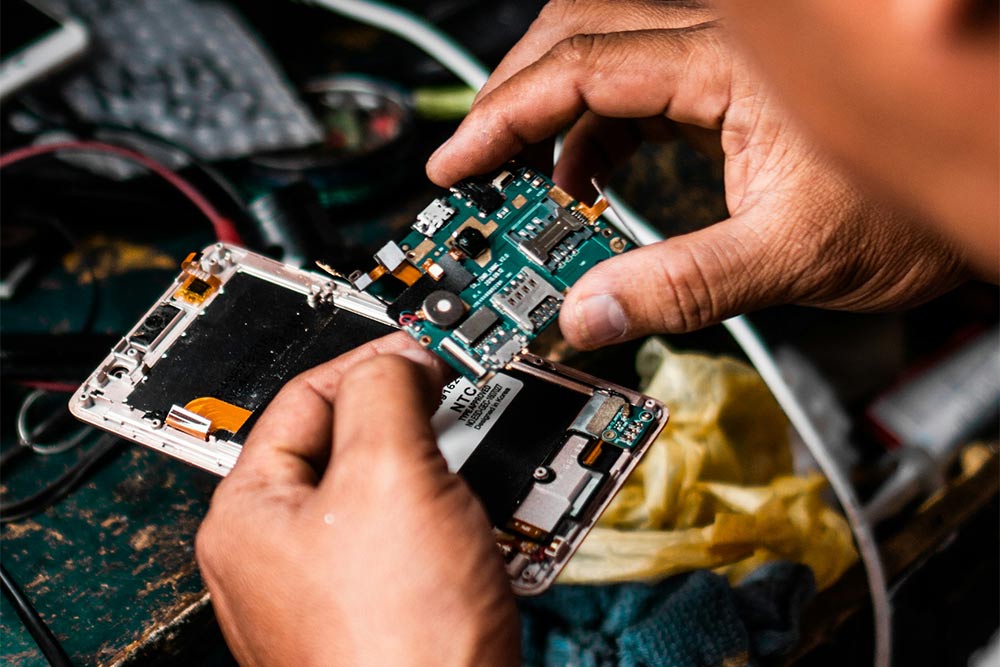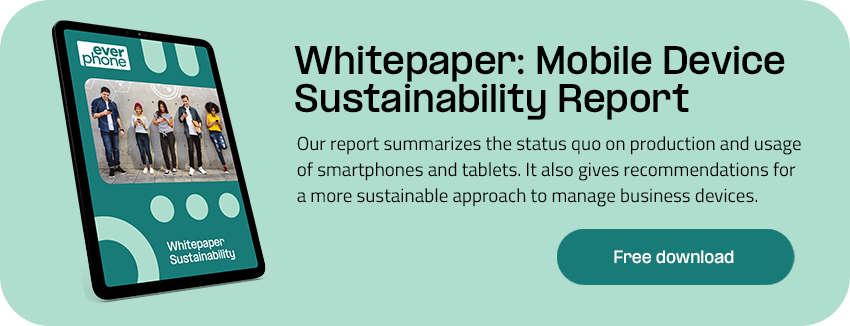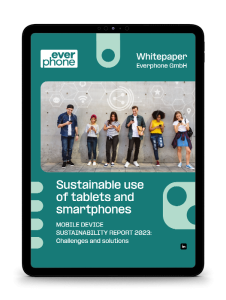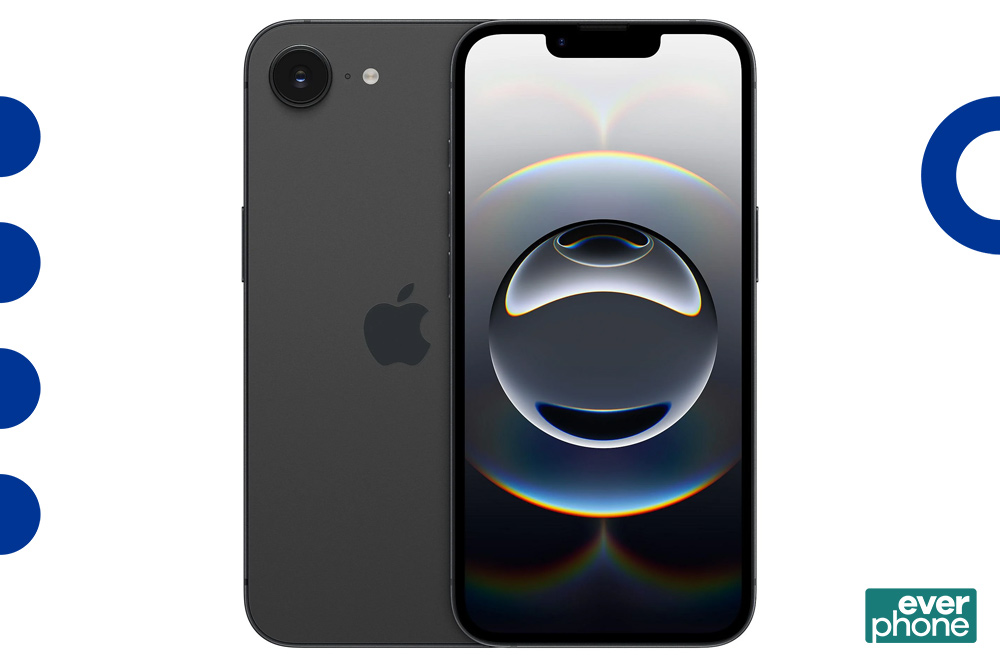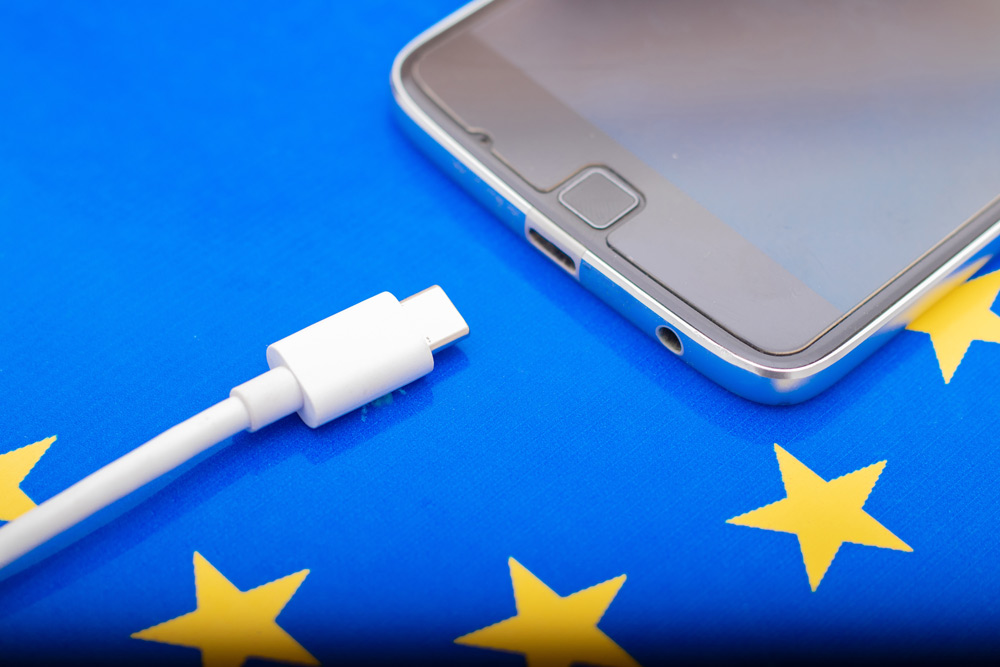Can the EU manage to become the first climate-neutral continent by 2050? Among other things, a new directive is intended to contribute to this. The law deals with the right to repair for all EU citizens.
With this law, the EU wants to support extending the lifespan of technical devices. This is seen as a sustainable alternative to immediately replacing a device if it has a defect.

What is the directive about?
The so-called right to repair intends to enable consumers to be informed about repair options both within and outside the statutory warranty, and to make use of these.
Specific proposals have already been drawn up for manufacturers and users to follow. We explain these for both groups below.
The exact date from which the directive will become binding has not yet been set. However, it is probably not too far in the future: The only steps left are for the right to repair to be formally adopted and published in the Official Journal of the European Union. The directive will then come into force 20 days later.
What does this mean for manufacturers?
The new regulation obliges manufacturers to provide transparent information. On the one hand, they should publicly state which repair services they offer. In addition, they should specify the approximate costs for the usual repairs.
The European Commission’s proposal also obliges manufacturers to inform consumers about which repairs the consumers are responsible for themselves.
As part of the statutory warranty, sellers are required to offer repairs for devices—as long as these do not exceed the price of a new purchase.
If a defect occurs during this period and the consumer opts for a repair, the period is extended by a further year.
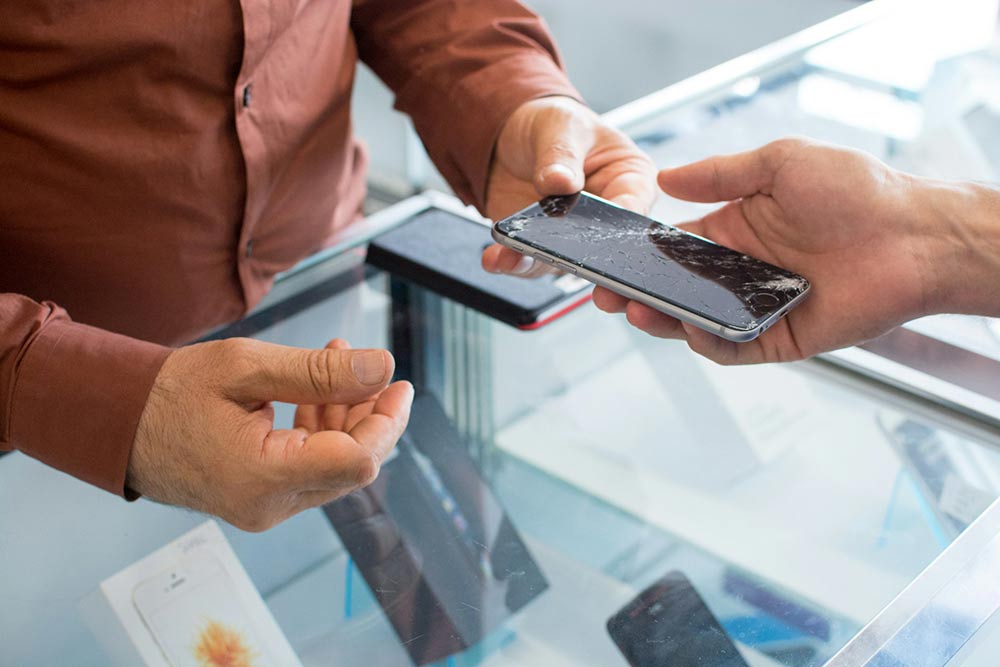
What does this mean for consumers?
The right to repair will also include subsidized measures such as repair vouchers or funds. These are supposed to reduce the price of repairs for consumers.
An online repair platform is also intended to provide EU citizens with a better overview of repair workshops.
To ensure high quality, the law proposes a European repair information form and a European quality standard for repair services. The form will inform consumers about repair conditions and prices.
The industry is therefore facing a number of changes. It remains to be seen when exactly the new regulations will come into force and how quickly they will be implemented.
In addition, further new EU regulations were discussed last year, namely the EU battery regulation and the EU ecodesign directive. These relate specifically to the replaceability of batteries and the more environmentally conscious design of devices.
These proposals have been criticized for making exceptions for waterproof devices and long-lasting batteries. According to these exceptions, a simplified repair does not have to be guaranteed for devices with these features.
As the directives all deal with the subject of repair, they are mutually dependent. Could the exceptions in the other regulations weaken the right to repair described here? There is not yet a clear answer to this question.
In any case, we hope that the new directive will send a strong signal for a more sustainable use of devices—and away from a mentality of quickly throwing out devices with slight defects and immediately purchasing new ones.




